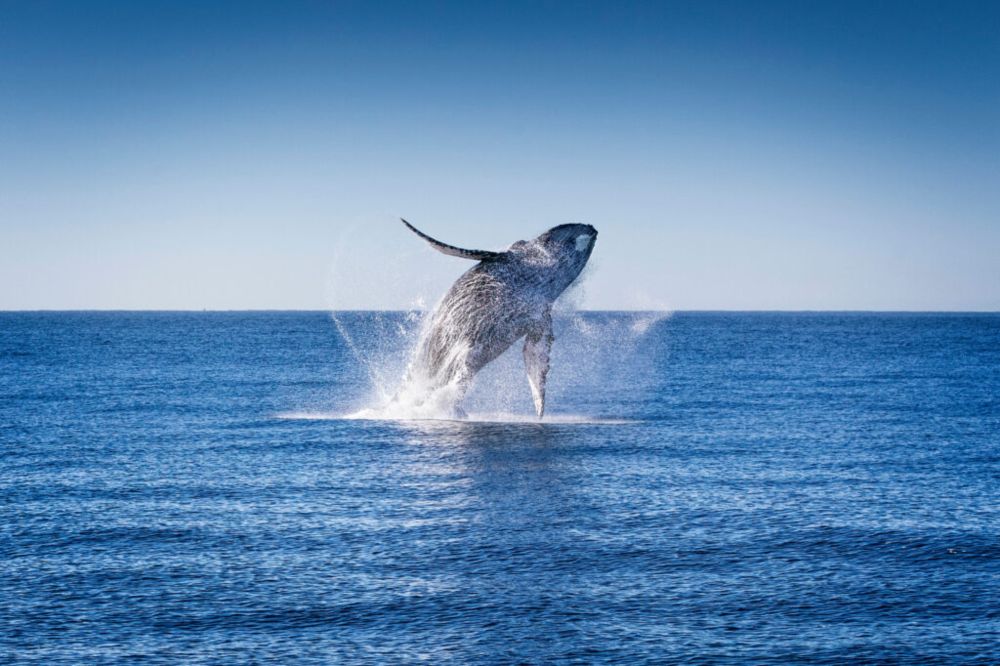
All my links 👉🏼: https://flow.page/angelortegab
#AcademicChatter
Disponible en la revista de divulgación Therya ixmana de la Asociación Mexicana de Mastozoología, A.C. 🐾
Pueden leer el artículo aquí 👉: shorturl.at/G7TiT

Disponible en la revista de divulgación Therya ixmana de la Asociación Mexicana de Mastozoología, A.C. 🐾
Pueden leer el artículo aquí 👉: shorturl.at/G7TiT
#AcademicSky #AcademicChatter #Pinnipeds #MarinePollution #Research #Mexico
#AcademicSky #AcademicChatter #Pinnipeds #MarinePollution #Research #Mexico


#AcademicChatter #AcademicSky
#AcademicChatter #AcademicSky
www.science.org/content/arti...

www.science.org/content/arti...

Why limit protections for the animals we love?
Get the scoop: http://bit.ly/4n3MHMo




Why limit protections for the animals we love?
Get the scoop: http://bit.ly/4n3MHMo
PhDs can be and some would likely argue, should be hard.
But surely not *this* hard?
#AcademicSky
www.sciencedirect.com/science/arti...

PhDs can be and some would likely argue, should be hard.
But surely not *this* hard?
#AcademicSky
www.sciencedirect.com/science/arti...
#AcademicChatter #PhDLife
#AcademicChatter #PhDLife
#paleoart #sciart.


www.nature.com/articles/d41...
#AcademicChatter

www.nature.com/articles/d41...
#AcademicChatter
#AcademicChatter
#AcademicChatter

